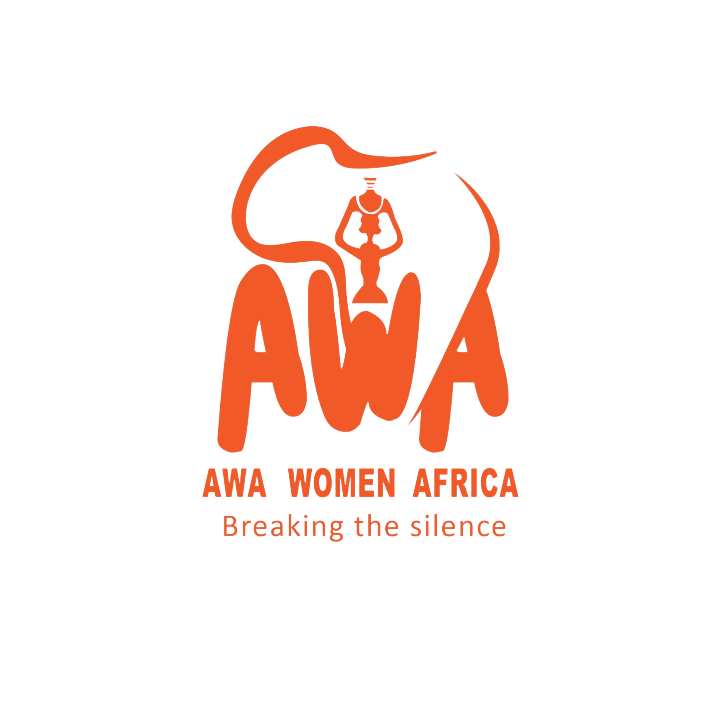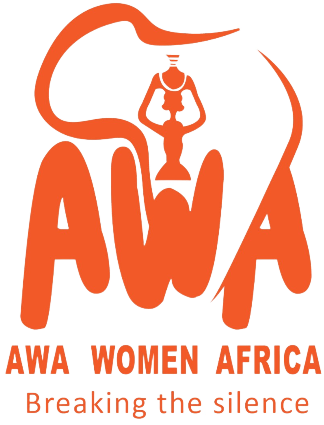- Orange: +237 695 495 765
- awawomenafrica@gmail.com
- Koutaba, Noun Division, Cameroon / Yaounde, Cameroon
- Orange: +237 695 495 765
- awawomenafrica@gmail.com
- Koutaba, Noun Division, Cameroon / Yaounde, Cameroon

Our Work
About Us
Introduction
Awa Women Africa (AWA) is an initiative that uses participatory communication approaches to raise awareness on Gender Based Violence (GBV), using theatres, TV documentaries, cartoon animations, and magazines. Based in Koutaba, Noun Division of Cameroon, Awa Women Africa (AWA) raises awareness, advocates, and engages communities in addressing barriers to girls’ education, and different forms of GBV (Physical, sexual, emotional/psychological, and socio-economic). This includes rape, domestic violence, forced/early marriage, child exploitation, abuse, confinement, harassment, Intimate Partner Violence (IPV), social exclusion, and sexual exploitation.
Our Analyses
Statistics
In Cameroon, Gender-Based Violence (GBV) is a preoccupying reality, mostly in rural communities and crisis-affected regions. SGBV remains a serious problem between the ages of 15, more than half of women (55%) have been abused. Violence against Women and Girls (VAWG), harmful socio-cultural/economic practices (HP), remain severe violations of women’s and girls’ rights (Inter-agency GenCap advisor for Cameroon).
Every second, women, children and men face various forms of GBV such as rape, domestic violence, forced/early marriage, child exploitation, abuse, confinement, harassment, Intimate Partner Violence (IPV), harmful widowhood practices, Female Genital Mutilation (FGM), breast ironing, femicide, filicide, social exclusion, sexual exploitation, and so on. Survivors of GBV are at risk of injuries, depression, anxiety disorders, unplanned pregnancies, and may increase the risk of acquiring Sexually Transmissible Infections (STIs) in some settings.
Certain groups are more vulnerable to VAWG, including girls and women from poor, rural or indigenous communities, those living with disabilities, Internally Displaced Persons, and girls and women who speak out about gender inequality. Awa Women Africa (AWA) initiative uses media & communication tools to raise awareness, advocate, and engage communities in addressing barriers to girls’ education, and different forms of GBV. Through community sensitization, awareness creation, capacity-building and community dialogues, the community becomes aware of the situation, they also participate in finding solutions, and they are equipped with knowledge and skills to advocate and spread to their peers. By promoting the education of the girl child, we make their voices heard, and enable them to access their first leadership opportunities. Barriers to education have devastating consequences for girls’ life opportunities – it places them at risk of teen pregnancy, child marriage, Female Genital Mutilation and other forms of GBV.
Our mission
2
years
Our working methods
Our Approach
Media & Communication
- Documentary Films
- Cartoon Animations
- Magazines
- Podcasts
- Popular theatre
Community Engagement
- Community Dialogue
- Sensitization & Awareness Creation
- Public Screening
- Capacity-building Workshops
- GBV Community-led Taskforce
Community Engagement
Awa Women Africa (AWA) engages the community in different ways to address GBV, through community dialogues, sensitization, awareness creation, public screening of media contents, and running a GBV Community-led Taskforce. These programmes and activities enable women, children and men in the communities to participate, and have increased knowledge of their rights and feel more confident to empowered.
Support Survivors Here
Promote Girls Education
We provide scholarships, financial assistance, and back-to-school kits to less privileged children, and Internally Displaced Persons (IDP). We organize household sensitization in communities to talk about the importance of educating the girl child, and we remind them that all girls have the right to a quality education, and when girls are educated, their community also benefits. Statistics have shown that when women and girls are educated, they tend to be healthier, empowered, ambitious, earn higher incomes, and marry at a later age; and when they choose to have children, their children access education as well. Education is critical in tackling harmful gender norms, and empowering girls to drive change. It gives girls the skills to become leaders, innovators and change makers, and to tackle future crises.
Sponsor a Girl’s Education
Amplify Voices and Support Advocacy
Awa Women Africa (AWA) collaborates with community members to research, produce, publish, or screen seasonal documentary films, podcasts, magazines, popular theatre, and cartoon animations. These participatory media and communication tools give platforms to the community to voice their grievances and give suggestions to address GBV. These tools also provide platforms where stakeholders can dialogue, share experiences, exchange valuable knowledge and skills, and utilize their collective strength in providing support for advocacy and holding authorities accountable.
Capacity-building and Empowerment
Women leadership is vital to achieving sustainable social change. Our capacity-building programmes on leadership and mentoring provide skills and knowledge to boost the confidence and support of women, children, and men inclusive, to become gender equality champions and advocates in their communities. In addition, Awa Women Africa (AWA) collaborates with Non Governmental Organizations to provide vocational training for skills acquisition in tailoring, computer science, cookery, and agriculture – for women, children and men in the communities.
